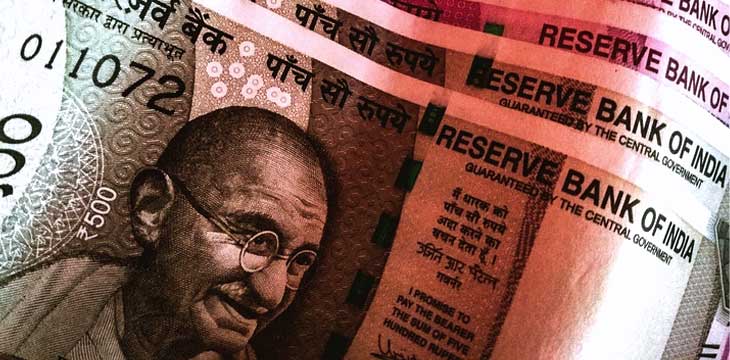|
Getting your Trinity Audio player ready...
|
If the Royal Bank of India (RBI) had its way, it would completely ban cryptocurrencies. Fortunately, it’s not that easy and even India’s central bank has to answer for its actions. Despite previous attempts by RBI to get the Supreme Court to not interfere with its decisions, the bank is appearing before the court now to justify its position. So far, it’s not doing a very good job.
Crypto Kanoon, a crypto advocacy group in India, has been keeping tabs on the RBI’s court appearances and provides regular updates on Twitter. It points out that the Supreme Court has asked RBI why it would choose to ban crypto when it could create a regulatory framework to oversee the ecosystem, in much the same way it would create a framework for stocks.
Ashim Sood, who represents the Internet and Mobile Association of India (IAMAI) in the case, called out RBI in the courtroom for not following the lead of more developed nations that have begun to regulate the industry. He asserted, “RBI recognized that development in the crypto industry needs to be monitored as after banking ban there is a risk of a shift to the dark web, tax evasion, AML [anti-money laundering], CFT [countering financing of terrorism] violations. So when the RBI has knowledge about its effect then why not to put it under the framework so as to make it compliant.”
Sood also attacked the bank for ignoring its own policies. He stated, “A bank is only a custodian of the deposited money and not the owner. A bank account holder cannot be restricted to have access to his own money unless the restriction is sanctioned by legislation.”
The RBI representative, lawyer Shyam Diwan, couldn’t come up with a valid response to the interrogation. Crypto Kanoon quotes him as saying, “Crypto has some monetary characteristics, and people’s consensus drives its value. If more and more people continue to adopt them as a means of payment, then it might compromise our monetary system badly. It also has the ability to [conduct] cross border transactions. That is where the problem lies.”
Perhaps Diwan doesn’t realize that fiat is used for cross-border transactions. However, despite its prevalence in the activity, fiat has yet to be banned. The argument that crypto could compromise the monetary system is weak, at best. As it stands now, unregulated crypto activity compromises any monetary system haphazardly and can cause much more damage. Since there is no way to completely stop crypto adoption, regardless of the whims of some politicians, by not regulating the space, governments are willing participants in the continued cycle that is detrimental to all people.

 02-12-2026
02-12-2026 




